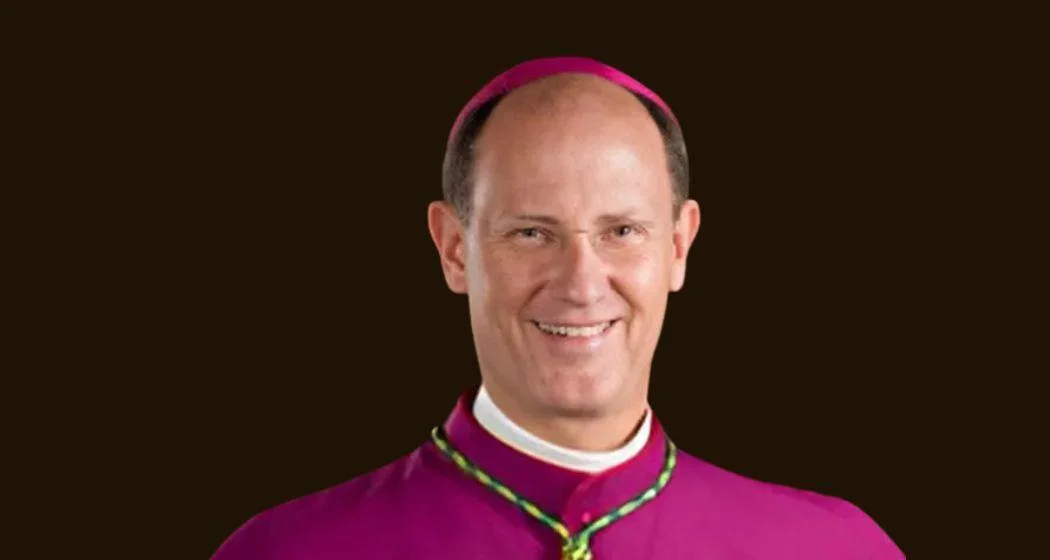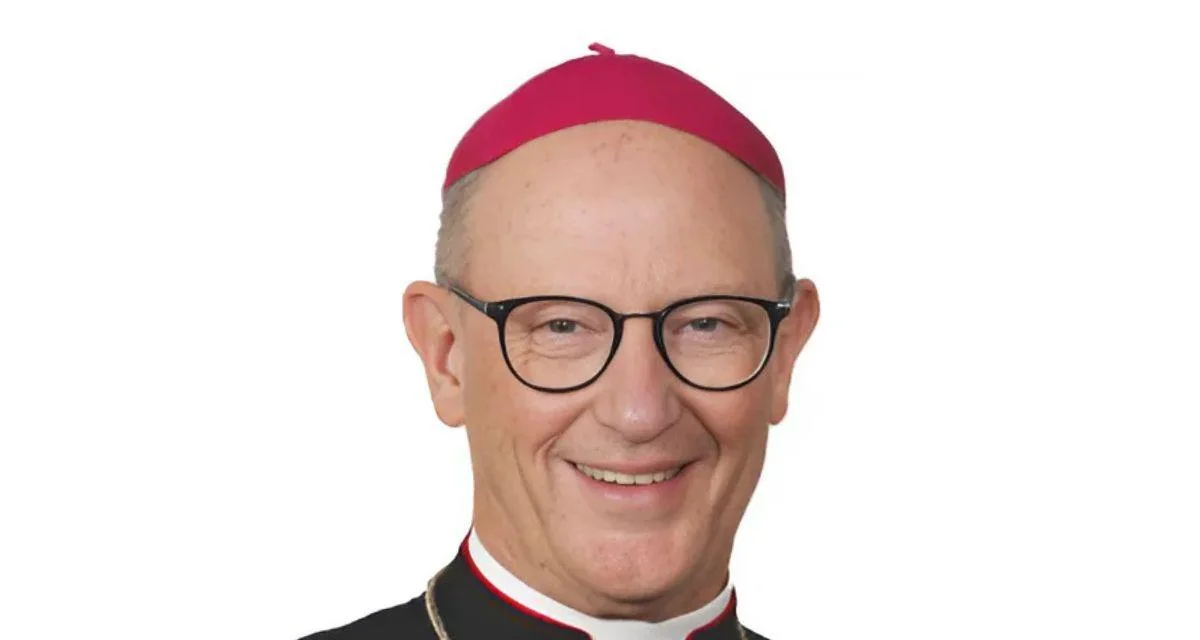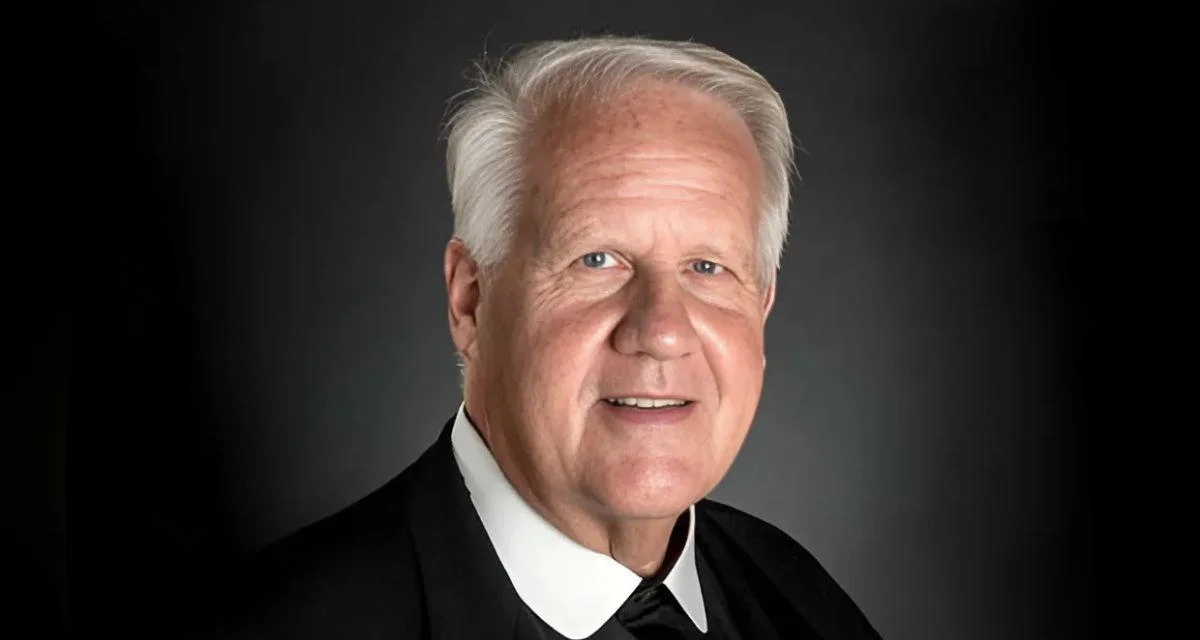
Bishop Edward J. Weisenburger | Diocese of Tucson website
Six middle school students from St. Elizabeth Ann Seton Catholic School were the first in the Diocese of Tucson’s Catholic schools to participate in the International Christian STEM Competition (ICSC). Two teams represented the school and its multi-discipline engineering enrichment class, taught by Kelly Francis, vice president of Cummings Aerospace.
Students chose to compete in the category of ethical Artificial Intelligence (AI). Competition creators defined AI as “a computer program that mimics human intelligence by learning from data and making decisions based on patterns it detects.”
As a Christian STEM competition, coordinators acknowledged the challenges of AI. “Coding and AI offer the opportunity to develop useful tools for our time here on Earth,” the competition’s coordinators said. “However, coding and AI can also be used in ways that do not glorify God and instead are destructive. It is important to continually pray, read God's word, and support each other in our faith walk.”
They provided a biblical example: “The story of Sodom and Gomorrah carries lessons about the consequences of moral decay and the importance of ethical behavior. We must emphasize the ethical considerations that come with developing and deploying advanced technologies. Just as the cities of Sodom and Gomorrah faced dire consequences due to their moral decay, neglecting ethical guidelines in technology could lead to unintended negative outcomes. When applying STEM concepts, it is essential to remember the importance of responsible innovation, addressing potential issues such as data privacy, bias in algorithms, and the societal impacts of automation.”
SEAS students had only a few weeks to design, plan, build, and test an interactive game using AI. One team created a game called “Grow Your Garden” based on the Parable of the Sower. “We chose to make it about the Parable of the Sower because we thought it was relatable and easy to understand,” one team member told judges. The students developed an AI-based game that recognized hand gestures as answers to questions about the parable.
“The whole process of creating this game was certainly more difficult than I thought it was going to be,” said a second team member. “Unlike typing coding, there weren’t commands for everything.” The third student trained the AI using 11,000 images of people from different ages, genders, and races. The students had to troubleshoot and solve problems creatively.
The second SEAS team created a game called “Text of Faith” based on Matthew 14:24-33 when Jesus asks Peter to have faith in him. The game was “meant to teach us more about living the way that God really wants us to be,” said Francis.
“My students gave it their all,” Francis said. “What we did not know until we got to the competition was that we were competing against high schools.” The ethical AI category had 12 teams competing. The two SEAS teams took seventh and ninth place.
“I was speechless when I watched our diocese’s students present to these judges. I prepared them a little bit, but we had no idea how the competition would be conducted,” said Francis. “Our kids are amazing. If we offer them opportunities to grow, they can do incredible things. We are so blessed!”
“Do not be conformed to this world but be transformed by the renewal of your mind, that by testing you may discern what is the will of God, what is good and acceptable and perfect.”
- Romans 12:2



 Alerts Sign-up
Alerts Sign-up